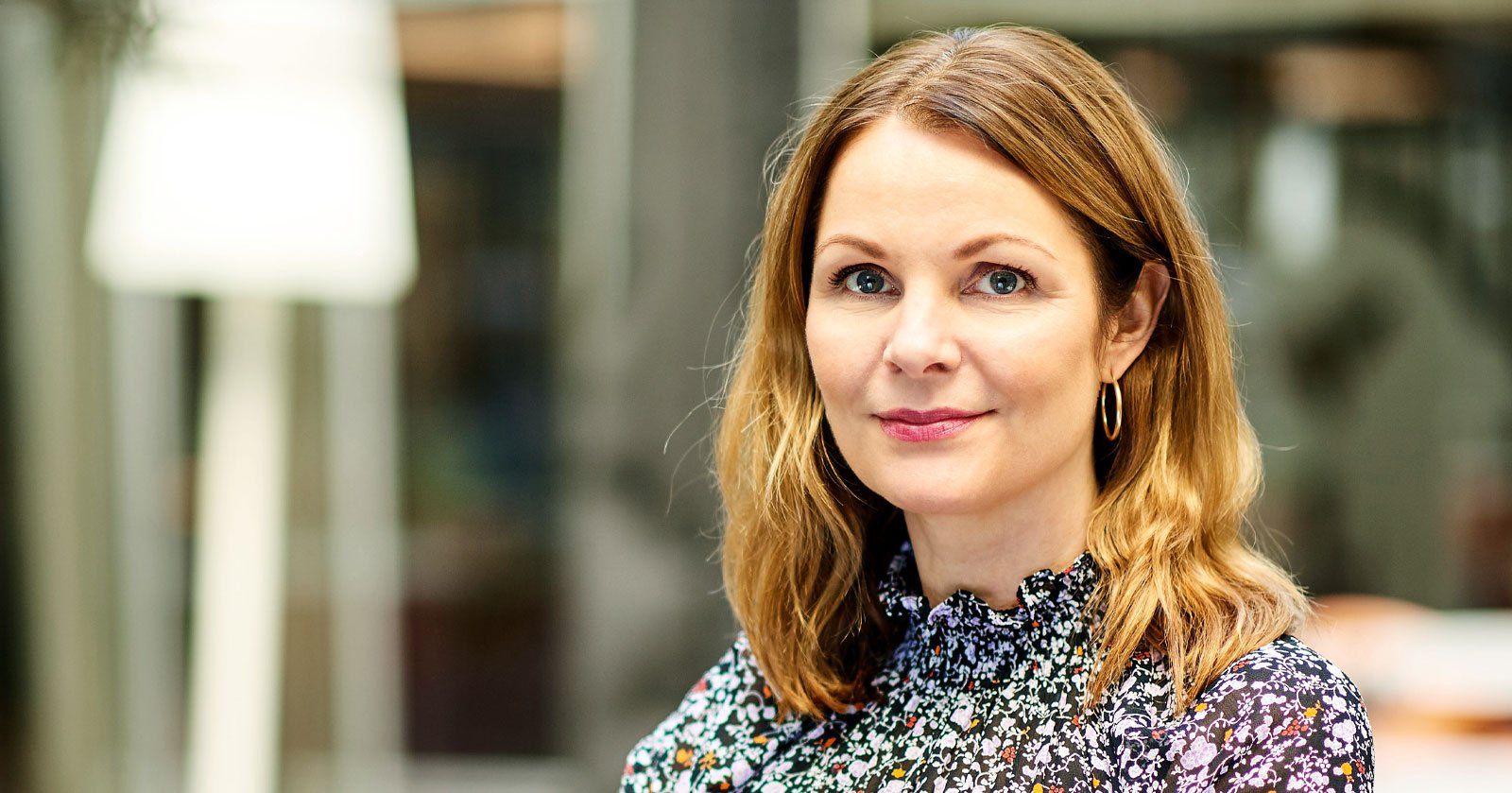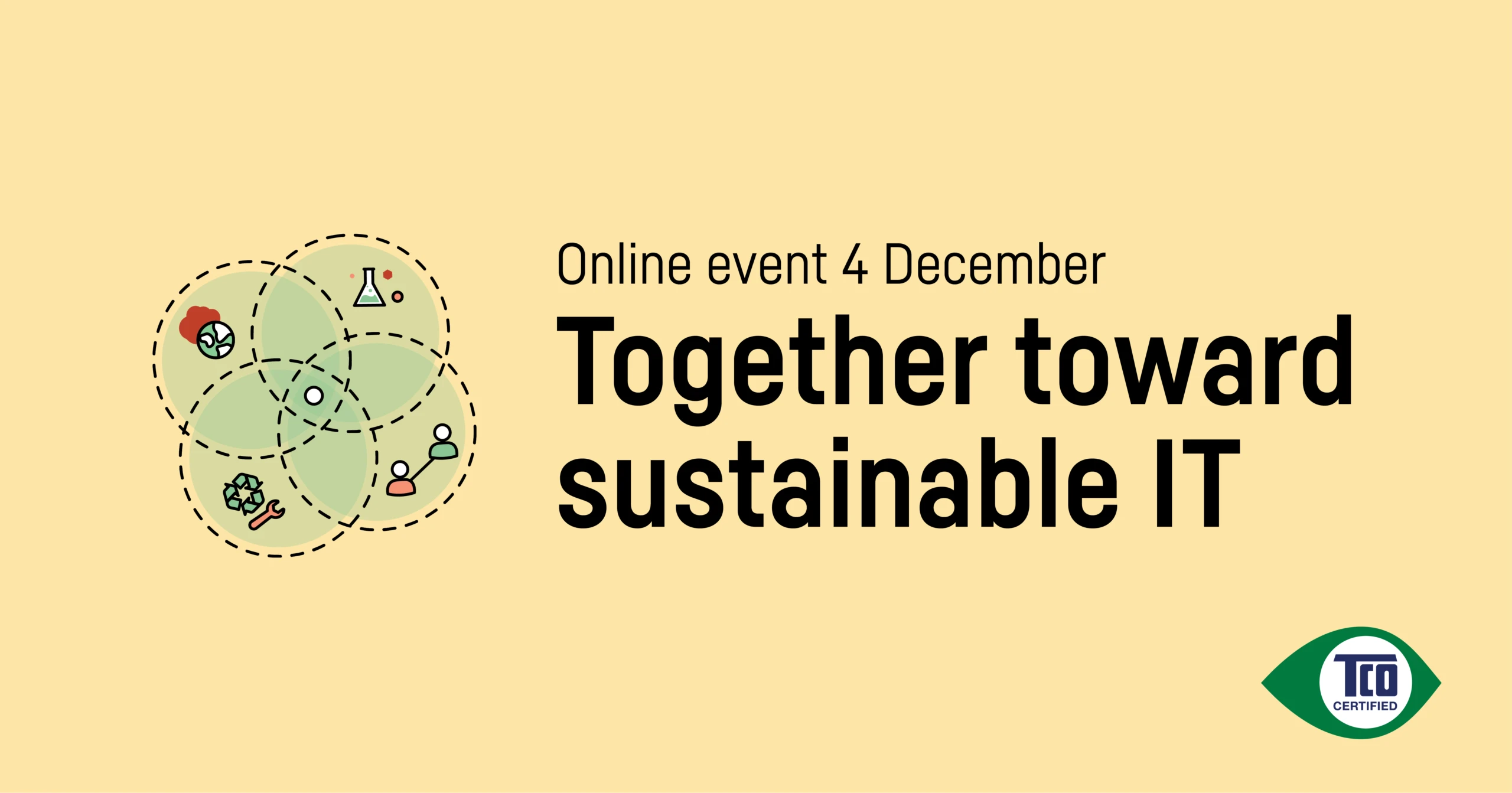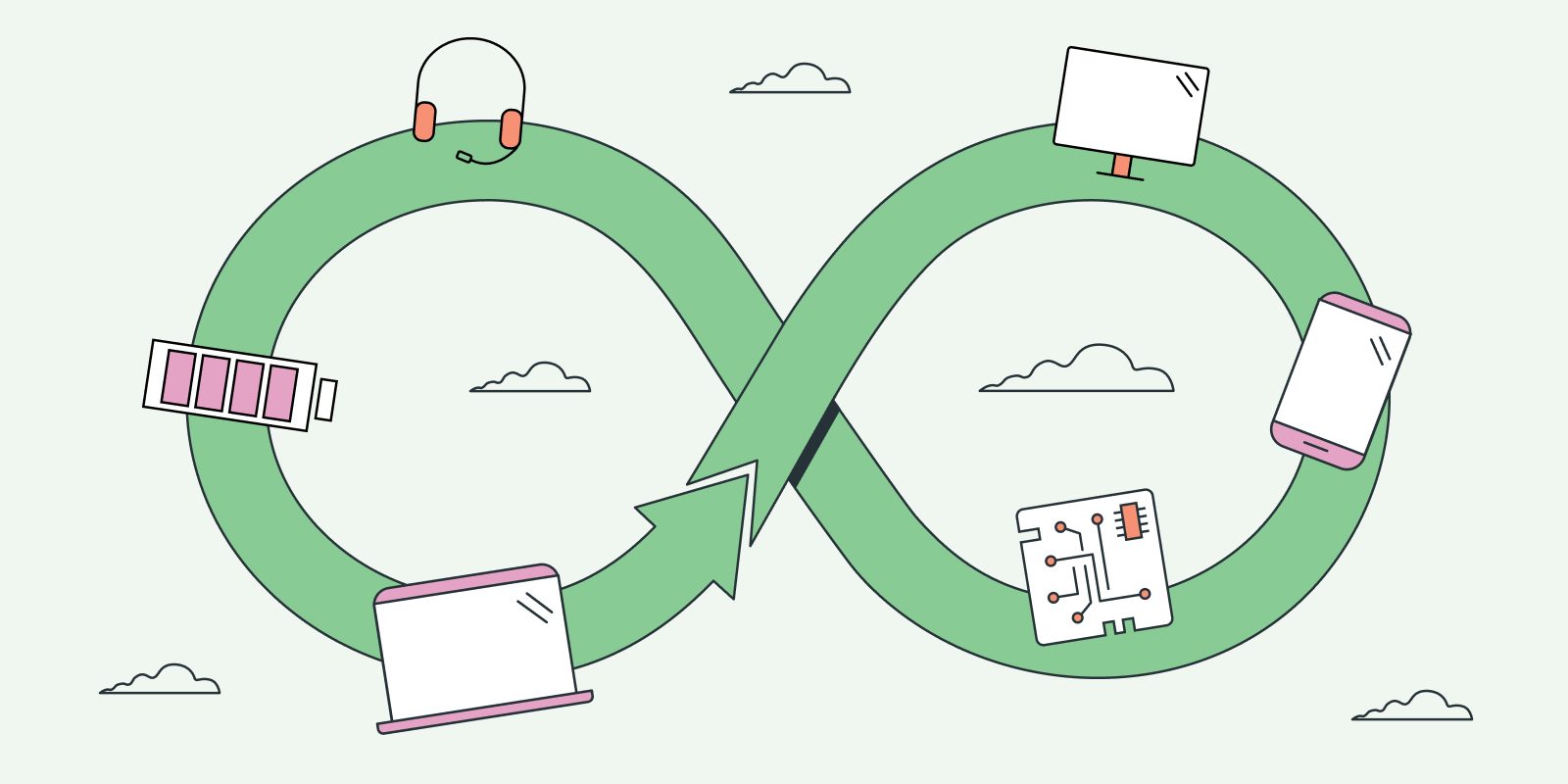A frequent challenge for purchasing organizations is to distinguish more sustainable products from those that are simply not as good. Global World Ecolabel Day aims to increase buyer awareness to help them navigate through the labelling jungle.
Trustworthy ecolabels help you make responsible choices easier and lead to true social and environmental benefits. But there are some things you should be aware of, as Gabriella Mellstrand, Global Marketing and Communication Director at TCO Development, explains.
If you want to procure more sustainably, what are the key things to consider?
To make your procurement more sustainable, you need to consider a number of factors. Firstly, an ecolabel should be designed to address a product’s sustainability impact from a life cycle perspective. Secondly, to decide whether products actually meet set criteria, compliance needs to be verified by an independent organization. Thirdly, choose a trustworthy ecolabel or sustainability certification that does the job for you. This will help save resources, as you don’t have to set criteria or verify compliance yourself, as the system includes relevant and challenging criteria that are verified by independent organizations.
Remember though, regardless of the ecolabel or sustainability certification you choose, the credibility of the system behind is key.
Why should organizations use ecolabels when purchasing sustainable products?
Using an ecolabel with independent verification of criteria is a crucial step towards sustainable development. Without up to date criteria and independent verification of compliance, you are likely to have low sustainability impact.
For example, with TCO Certified, the leading sustainability certification for IT products, sustainability criteria must be met during the full validity period of the certificate. Compliance with all criteria in TCO Certified is verified by independent verification organizations that specialize in IT products, social responsibility, or other sustainability issues. Products and factories are also subject to tests and audits after the certification has been issued.
Many ecolabels claim they are proof of a more sustainable product, so how do you know which one to use?
To start with, look for a Type 1 ecolabel that complies with the guiding principles of ISO 14024, an international standard for ecolabels. This indicates whether an ecolabelling programme is voluntary, if standards address multiple environmental criteria over the life cycle of a product or service, if standards are published and transparent, and whether the ecolabel has independent verification of the criteria.
Here again, I want to stress the importance of looking for how compliance with criteria works, especially whether independent verification of all criteria is in place. Many ecolabels include “good” criteria, but fail to verify whether products actually meet all criteria. We have seen that self-declaration of criteria simply doesn’t work and to verify only selected criteria isn’t good enough either. So, remember that ALL criteria need to be verified by an independent organization during the contract period. That is why the follow up process of criteria – to ensure criteria are actually met – is the single most important way to drive real sustainability change. This needs to be done not only once, but continuously throughout the contract period.
What is TCO Certified and how does it comply with ISO 14024?
With TCO Certified, criteria and verification methods are science-based and developed in an open process towards an environmentally and socially sustainable life cycle for IT products. Independent verification is not optional — it’s always included both pre- and post-certification of a product. This is the most important part of our system. Also, all verification of compliance is handled by recognized, independent organizations, in accordance with ISO/IEC 17025. Doing this well takes time. As part of TCO Certified, independent verifiers spend 20,000 hours every year on assessments, tests, and audits. With more than 3,500 certified products to date, TCO Certified is available worldwide for computers, mobile devices, and other IT products.
What’s the most important thing to look for in an ecolabel?
Ultimately, without independent verification of products and their supply chains, ecolabels are not a credible measure of sustainable procurement. That is why you need to look at the systems behind ecolabels and sustainability certification, rather than exclusively criteria themselves, even though these are important. That’s how you can distinguish more sustainable products from those that are simply not as good.
Do professional buyers have an impact?
When organizations around the world ask for trustworthy ecolabels with public criteria and open development processes, clarity and common rules of play are created. An ecolabel can function as a platform for purchasers, gathering a common voice to drive the development of more sustainable products. In conclusion, when asking for trustworthy ecolabels and sustainability certifications, purchasers send a strong, united message to the industry to take responsibility for their products and production.
About World Ecolabel Day
More than 50 countries around the world celebrate World Ecolabel Day, which takes place on the 8th of October. It’s a day to focus on ecolabel products and services that are proven to be environmentally preferable and performance-tested, so you know you’re buying the best products for your health and the health of the planet.
Behind the initiative is Global Ecolabelling Network (GEN), a non-profit association of third-party ecolabels worldwide. These ecolabels are all Type 1 according to the international standard ISO 14024. All members of GEN are reviewed regularly, to make sure that they comply with the guiding principles of ISO 14024.

Gabriella Mellstrand
Marketing & Communications Director, Global at TCO Development




